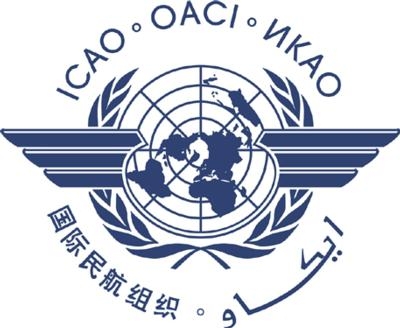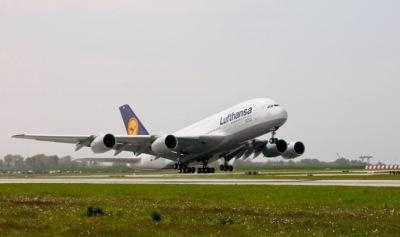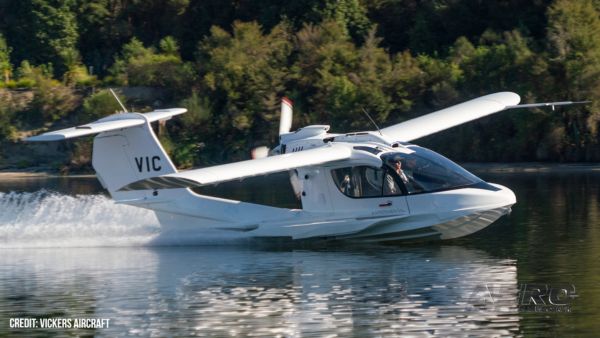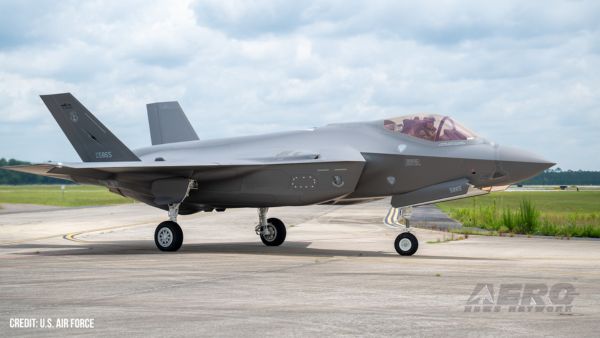Emphasis Placed On Global Climate Impact Of Airlines, BizAv, Airports, Manufacturing
Delegates from 191 countries meet in Montreal next week for the 38th International Civil Aviation Organization (ICAO) Assembly. Ahead of the meeting, representatives of the global air transport industry, covering airlines, airports, air navigation service providers, aerospace manufacturers and business aviation, issued a strong call for action by governments to support the industry’s efforts in reducing the climate impact of the sector.

“The ICAO Assembly is a real opportunity to demonstrate progress on tackling aviation CO2 emissions,” said Paul Steele, executive director of the industry-wide Air Transport Action Group (ATAG), speaking on behalf of the industry. “While the industry continues to make significant progress in reducing its emissions through technological, operational and infrastructure improvement, we can only do so much. Governments now need to play their part by agreeing a package of actions, including a global market-based measure, to help reduce emissions even further. We strongly urge governments meeting at ICAO to use the next two weeks to settle differences and show climate change leadership.”
In 2008, the aviation industry, through the Airports Council International (ACI), Civil Air Navigation Services Organization (CANSO), International Air Transport Association a comprehensive approach for reducing its emissions. It is based on the "four pillar strategy" of technology, operations, infrastructure and a global market-based measure. Aviation was also the first sector in the world to agree an aggressive set of global emissions-reduction targets, which include the stabilization of net CO2 emissions from 2020 (known as "carbon-neutral growth") and the halving of CO2 emissions by 2050, compared to 2005 levels.
"For the last five years, the industry has been actively pursuing this strategy. This is now accepted by many as the most appropriate solution for dealing with aviation’s 2% contribution to the world’s CO2 emissions. However, the response by governments around the world has been fragmented, with different approaches to applying taxes, emissions trading and other market-based measures which are ineffective and have even lead to the brink of a trade war. In order that the target of carbon-neutral growth can be achieved, we need a global market-based measure, developed through ICAO in a multilateral process and agreed by the next Assembly in 2016. This will ensure that all parties can be treated equitably and that market distortion can be avoided.”

The aviation industry, coordinated through ATAG, has submitted a working paper to the Assembly from the global associations ACI, CANSO, IATA, the International Business Aviation Council (IBAC) and the International Coordinating Council for Aerospace Industries Associations (ICCAIA). At the beginning of September, the ICAO Council forwarded a draft resolution text for consideration by governments meeting at the ICAO Assembly.
Steele commented, “We are encouraged that this draft resolution could provide a meaningful way forward for discussions and clearly supports the need for a global market-based measure. The governments meeting at ICAO need to remain focused on moving this global scheme forward. It will ensure environmental integrity because all emissions from the sector will be covered. To get further sidelined by national and regional approaches, which will result in a patchwork of measures around the world, would not be the smart solution. It would be bad for the industry, complicated for governments and not deliver the environmental benefits required. A global industry needs a global approach.
“It should not be ignored how significant it is for a global industry to be asking to be regulated in this way. From the start, we have taken a pragmatic and responsible approach, understanding political realities. Now it is time for governments around the world to work with us and with civil society to achieve this goal.”
In supporting the industry-wide position, IATA director general and CEO, Tony Tyler said, “We will be looking to States to make decisions that will enable the industry to meet its ambitious commitment to stabilize its emissions from 2020 via carbon-neutral growth. It is important that governments keep firmly focused on reaching agreement on a global solution. Environment is a global challenge. Aviation is a global industry. And we need a global way forward. National or regional schemes are politically charged distractions and we must not allow such discussions to get in the way of important progress that needs to be made.”

“Airports understand their responsibility to protect and conserve the environment while ensuring they can meet future capacity demands of their regions," said ACI director general, Angela Gittens. "Airports are built and operated for the long term, so sustainability is at the core of our business. We know that our viability depends on achieving economic vitality, creating social value and attaining sound environmental stewardship. For the global air transport industry to achieve further reductions in CO2 emissions, we need governments around the world to play their part by reaching agreement on a global market-based measure at ICAO.”
"Business aviation committed to mitigating its climate change impact in 2009 through the four-pillar strategy," added IBAC director general, Kurt Edwards. "We urge all governments at the Assembly to advance comprehensive efforts on technological, operational, and infrastructure improvements and to take forward-leaning action toward a global market-based measure that is administratively simple, non-discriminatory, and appropriate for all operators."
 Airborne 08.22.25: ARC Spinoff, Nat'l Championship Air Races, Hawkins Accident
Airborne 08.22.25: ARC Spinoff, Nat'l Championship Air Races, Hawkins Accident Airborne 08.27.25: Air Race Tkt Discounts, Europe AvGas, Deportation Flights?
Airborne 08.27.25: Air Race Tkt Discounts, Europe AvGas, Deportation Flights? Airborne Affordable Flyers 08.28.25: Midwest Av Expo, Vickers, Air Race Classic
Airborne Affordable Flyers 08.28.25: Midwest Av Expo, Vickers, Air Race Classic Aero-News: Quote of the Day (08.30.25)
Aero-News: Quote of the Day (08.30.25) ANN's Daily Aero-Term (08.30.25): Low Approach
ANN's Daily Aero-Term (08.30.25): Low Approach





